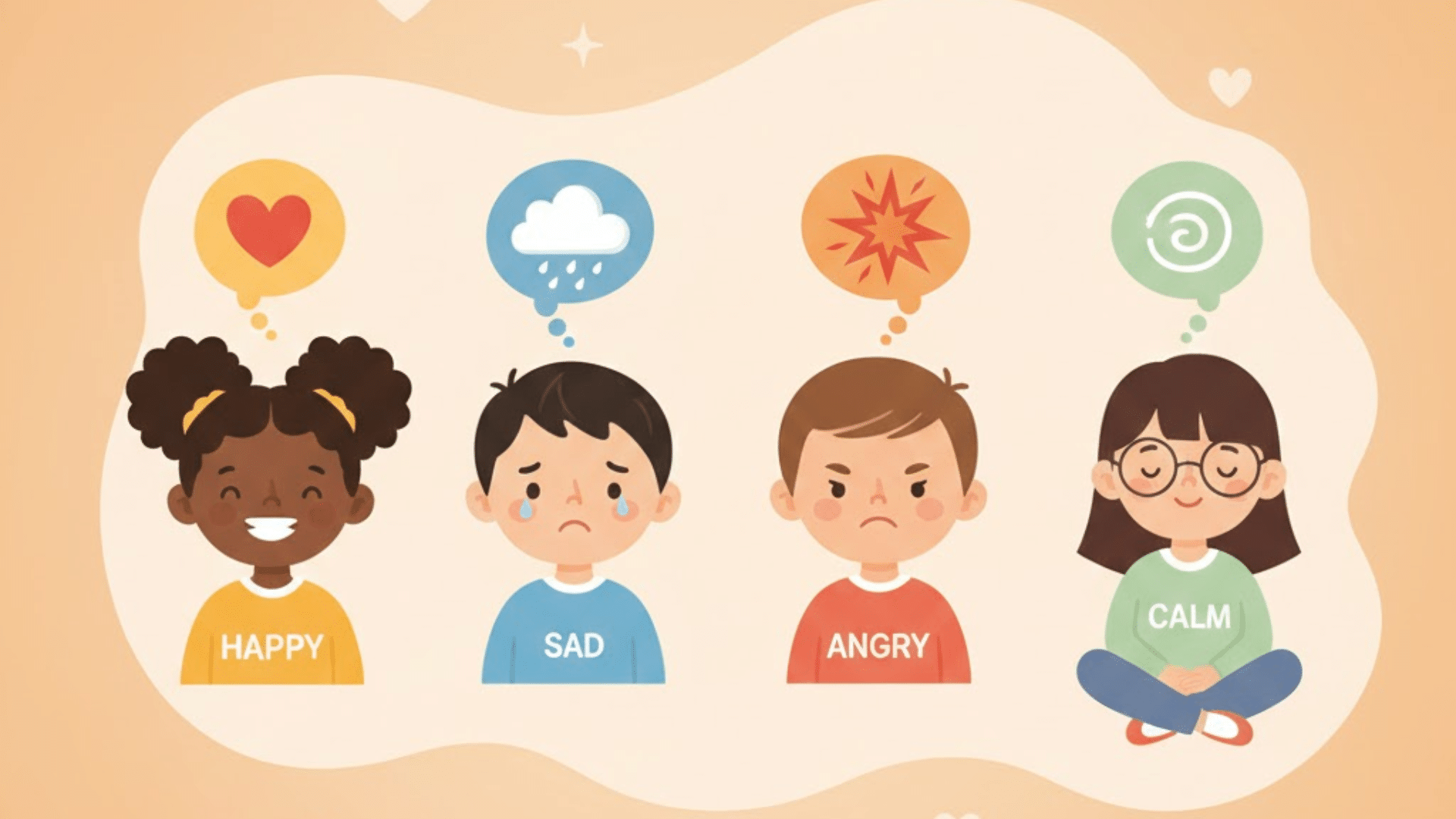If you’re a parent starting to think about early education, one of the first things on your mind is how much you’ll need to budget for preschool.
When I first started looking at options, I felt overwhelmed by the price differences. That’s why it helps to break everything down step by step.
By understanding average tuition, possible extra fees, and smart ways to save, you can find a preschool option that supports your child’s growth while staying manageable for your family’s budget.
Average Preschool Costs
Preschool costs can vary widely depending on where you live and the type of program you choose.
On average, families across the U.S. spend between $9,000 and $12,000 per year, or roughly $750 to $1,000 each month.
Some programs are more affordable, while others charge higher fees based on location and services. Public options may offer lower costs or even free programs, while private preschools usually require more tuition.
It’s important to check out different choices in your area to see what fits your budget.
Visiting schools, talking to teachers, and asking about payment plans can help you find a preschool that works best for your family.
Factors That Influence Preschool Cost

Several things can raise or lower the cost of preschool. Understanding these factors helps you know why prices vary so much.
1. Public vs. Private
Public preschools are often funded by the state, which makes them free or low-cost for families.
Private preschools, on the other hand, rely on tuition. They usually have higher fees because they cover everything from staff salaries to building expenses.
While private options can be pricey, some families choose them for smaller class sizes or unique teaching styles.
2. Location
Where you live makes a big difference in cost. Preschools in large cities tend to charge more because rent, wages, and living costs are higher.
States like California and New York often top the list for the most expensive programs. Smaller towns and rural areas are usually more affordable, but options may be limited.
3. Program Type
Different teaching styles affect the price. Montessori schools often charge more because they use specialized methods and materials. Co-op preschools can be cheaper since parents help with classroom duties.
Play-based programs may fall somewhere in the middle. Choosing a program type depends on what you value most for your child’s learning experience.
4. Full-Day vs. Half-Day
The length of the school day is another major factor. Full-day programs cost more because your child spends more time in the classroom and teachers work longer hours.
Half-day options are more affordable but may not fit every parent’s schedule, especially if you need childcare while you’re at work.
5. Staff Qualifications and Ratios
Schools with highly trained teachers and lower student-to-teacher ratios often charge higher tuition. Having fewer kids per teacher means more individual attention for each child, but it also increases costs for the school.
Programs that invest in experienced staff and smaller groups usually cost more, but many parents feel the benefits are worth it.
Preschool Costs by State
Preschool costs can look very different depending on the state. Some states, like California, New York, and Massachusetts, rank among the most expensive. Others, such as Mississippi, Arkansas, and Oklahoma, are far more affordable.
| State | Low Cost (Yearly) | Average Cost (Yearly) | High Cost (Yearly) |
|---|---|---|---|
| California (CA) | $10K–$12K | $12K–$15K | $15K–$18K |
| New York (NY) | $11K–$13K | $13K–$17K | $17K–$20K |
| Massachusetts (MA) | $11.5K–$13K | $13K–$17K | $17K–$20.5K |
| Mississippi (MS) | $5.5K–$6.5K | $6.5K–$8K | $8K–$9K |
| Arkansas (AR) | $6K–$7K | $7K–$8.5K | $8.5K–$10K |
| Oklahoma (OK) | $6.5K–$7.5K | $7.5K–$9K | $9K–$10.5K |
| Texas (TX) | $7K–$8.5K | $8.5K–$11K | $11K–$13K |
| Florida (FL) | $7.5K–$8.5K | $8.5K–$11K | $11K–$13.5K |
| Illinois (IL) | $8K–$9.5K | $9.5K–$12K | $12K–$14K |
| Washington (WA) | $9.5K–$11K | $11K–$15K | $15K–$18.5K |
Hidden and Additional Costs
When looking at school expenses, tuition is only part of the story. These hidden and additional costs can significantly affect your overall budget if you don’t plan for them in advance.
- Meals and snacks: Some schools don’t include daily meals or snacks in tuition. You may need to pay for cafeteria meal plans or provide packed food each day.
- Supplies and uniforms: Parents often cover the cost of school supplies, books, and required uniforms. These need regular replacement and can add up over time.
- Field trips and activities: Trips, sports, and special programs usually come with separate fees. While occasional, they can quickly increase yearly expenses.
- Extended care (before/after school): If your schedule requires early drop-off or late pick-up, expect additional charges for extended care services.
Ways to Save on Preschool
Preschool can be a big financial commitment, but there are smart ways to reduce the burden. From school choices to financial programs, families have several options to cut costs without sacrificing quality care.
- Cooperative Preschools: Parents take an active role in the classroom and school operations. By contributing time and effort, families help reduce costs, making tuition more affordable while staying closely involved in their child’s education.
- Transitional Kindergarten: Offered in some districts for children who just miss the kindergarten cutoff. These programs are typically free or lower cost compared to private preschool.
- Subsidies, Vouchers, and Universal Pre-K: Many states and cities provide financial assistance that can lower or even eliminate tuition based on income and location.
- Sibling Discounts: Schools may reduce tuition when more than one child from the same family is enrolled, providing meaningful savings.
- FSAs and Tax Credits: Flexible spending accounts and child care tax credits help offset tuition costs by reducing tax burdens for families.
Preschool vs. Daycare Cost Comparison
Preschool and daycare both give kids a place to learn and grow, but the costs can look very different. The table below shows the average prices and what you can expect in different situations.
| Category | Yearly Cost | Monthly Cost | Details |
|---|---|---|---|
| Preschool (Average) | $9,000 – $12,000 | $750 – $1,000 | Structured, part-day programs |
| Daycare (Average) | $5,000 – $15,000 | $420 – $1,250 | Full-day care, flexible hours |
| Urban Areas | $12,000 – $18,000+ | $1,000 – $1,500+ | Higher costs due to demand |
| Suburban/Rural Areas | $6,000 – $9,000 | $500 – $750 | Lower costs, fewer extras available |
Conclusion
Now you have a better idea of how much preschool costs and why the numbers can look so different.
I know it can feel overwhelming at first, but breaking it down step by step makes it easier to plan. Think about your budget, your schedule, and what matters most for your child’s learning.
When you know what to expect, it’s easier to plan ahead and choose the option that fits both your child’s needs and your budget.
In the end, what matters most is finding a program that feels right for your family and gives your child the best start.










